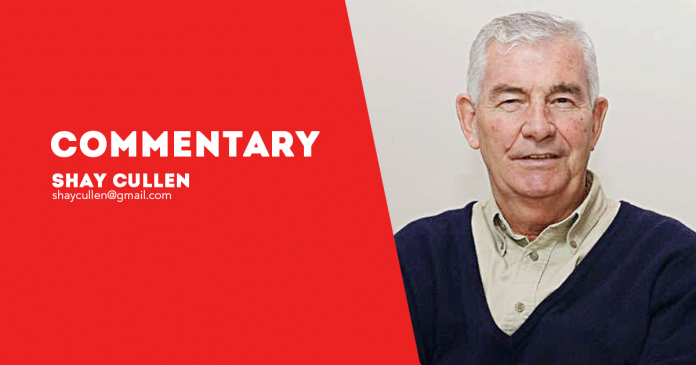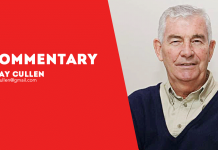
BY FR. SHAY CULLEN
THE GREAT climate injustice is that the poor of the world have to suffer great losses because of the decisions of the rich elite that over-exploit the earth’s natural resources in developing countries for the benefit of the rich and cause 79 percent of the CO2 emissions that are hurting the poor. The annual $400 billion government subsidies given by rich nations to oil companies to invest in oil and gas exploration will be better spent as climate justice compensation payment to the victims of climate change caused by the polluting activities of the rich, industrialized nations. All must see that climate damage is a justice and human rights issue.
This damage brought by climate change is a serious injustice and a violation of the rights of the people to a safe and healthy environment and food supply. Now that global warming is increasing steadily, who will compensate for the loss of the rain forests and the environmental and economic damage to the Filipinos and other peoples? Climate justice is a far and distant hope and unreachable reality for indigenous people.
On our mountain trek with the Aeta subsistence farmers, we inspected the trees all planted during the past twenty years previously and found that they had strangely blossomed out of season. They would bear few fruits, a sad result of climate change. We sat in the shade of a big mango tree and listened to the sad stories of Juanito.
“Our rains do not come at the correct time,” he said, speaking in Ilocano and translated by a Preda staff. “Nowadays, we suffer greatly because the blossoms of the mango trees are washed away, it was never like that until recent years,” he said. What he did understand was how the negative effects of global warming, the damaging climate change was robbing him of his livelihood. He told of the mango fruits that were splitting open from excessive heat. It was unnatural, he said then there were the smaller harvests of wild bananas, less wild honey, fewer bees and birds and no mango harvest for three years. They were growing poorer year by year.
Then, the once strong streams from the mountains were drying up in the hot season and the fish in the rivers were disappearing. The village vegetable gardens had to be irrigated from deep wells and hand pumps. Climate injustice impacts the innocent poor much harder than the guilty rich and the problem is social, environmental and political. The people of the developing world must elect officials that have strong green credentials and have the political will to change to renewable sources of energy and phase out their dependency on fossil fuels.
We set to work digging holes and planting the tall grafted saplings we had hope for the future that the trees and plants would adapt to climate change. Then we hiked back to the village where the homes were mostly made of grass-roofed huts with bamboo walls. There was no electricity and water was supplied from a large stainless steel water tank piped in from a mountain stream. This was a project of Preda fair trade and the German people implemented by the villagers.
We ate lunch on clean banana leaves in this community where everything was recycled. These rural people are not responsible for any of the industrial pollution and CO2 causing the climate crises that is becoming a catastrophe but they are victims of its effects. The rich industrialists and their cronies in the developed world have captured government officials that allow them to continue burning fossil fuels and damaging the environment, causing global warming and damaging the health, lives, crops and fruit trees of millions of poor people. This is a great climate injustice that must be addressed and solved before the climate catastrophe brings us to the irreversible tipping point of doom./PN

